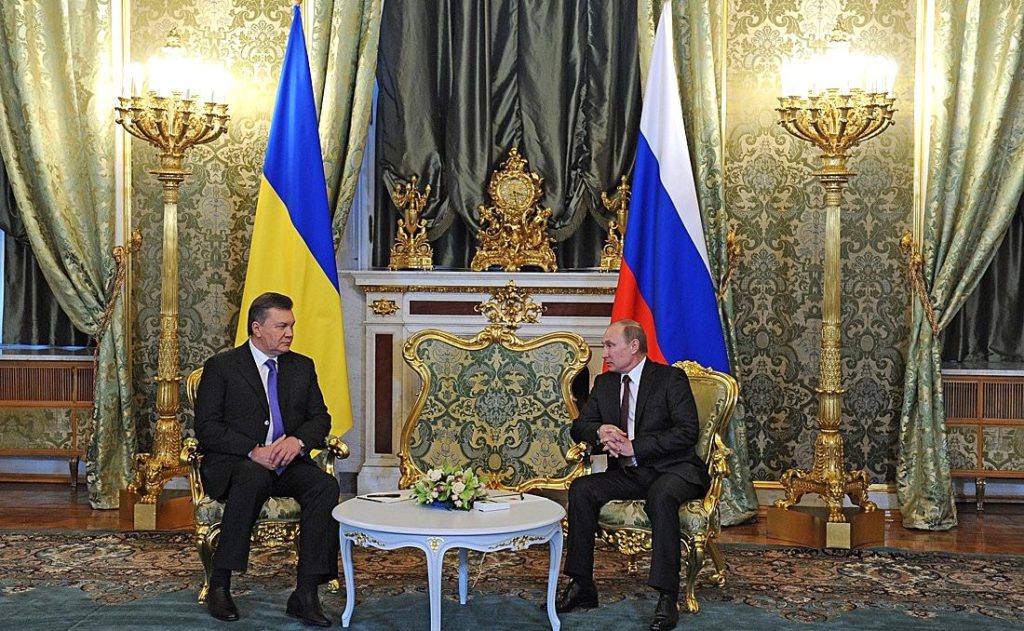Kyoto Bites
In the seven years since the Kyoto Conference the scientific debate over the reality of global warming has been largely settled. Yet the effectiveness of the treaty that has been rejected by the U.S, and which excludes the worlds fast growing developing economies remains widely questioned. Kyoto’s leading critic, the U.S Government, recently admitted that global warming is taking place and that this is a result of human activity.
The Role of Identity in Georgia s Security Policies: Critique of Realism
The BBC reports (May 5, 2004) that the “Georgian leader Mikhail Saakashvili has imposed direct presidential rule in the rebel region of Ajaria. The moves came amid growing pressure on Ajaria’s leader Aslan Abashidze to accept Tbilisi’s authority or resign. The Georgian government has warned Aslan Abashidze that he has only a few hours to step down and avoid bloodshed.” We offer Vahagn Muradyan’s article on the problems of identity in Georgia in explaining its Security Policies.
The Japanese Constitution as Peace System
The wars in Asia would seem to demand that certain European countries, the U.S., and Japan all re-examine the value systems that presumably provided the justification for those wars. Many situations of “instability” in this century were actually based on the preconceptions and deeds of the nations that applied that label. Now as ever, if a country has reason to be opposed to something, it will typically display a tendency to assume that other countries are engaged in strategic designs or acting from an adversarial position.
Talking Peace for North Korea
The announcement last week that China, Japan, North and South Korea, Russia and the United States will meet within one month for multilateral talks on the North Korea issue has been greeted worldwide with unbridled optimism (‘A Welcome First Step on the Path to Korean Peace’, South China Morning Post, 2 August, 2003). A military solution has largely been ignored or downplayed, with the exception of a predictably hawkish article by former CIA Director R. James Woolsey in the Asian Wall Street Journal, detailing why an invasion of North Korea would be logistically easier and politically less sensitive than the invasion of Iraq.
The Day War Broke Out
News editor, Joseph Schumacher, checks the editorials around the world on THE DAY WAR BROKE OUT.
Ukraine Conflict: Resolution through Negotiation

This paper analyzes the Ukrainian crisis from an international perspective, drawing on the theories of realism, neo-colonialism, and structural functionalism. It posits the necessity to include all the conflicting parties in a negotiation process in order to secure a sustainable peace agreement and proposes a detailed negotiation framework.
